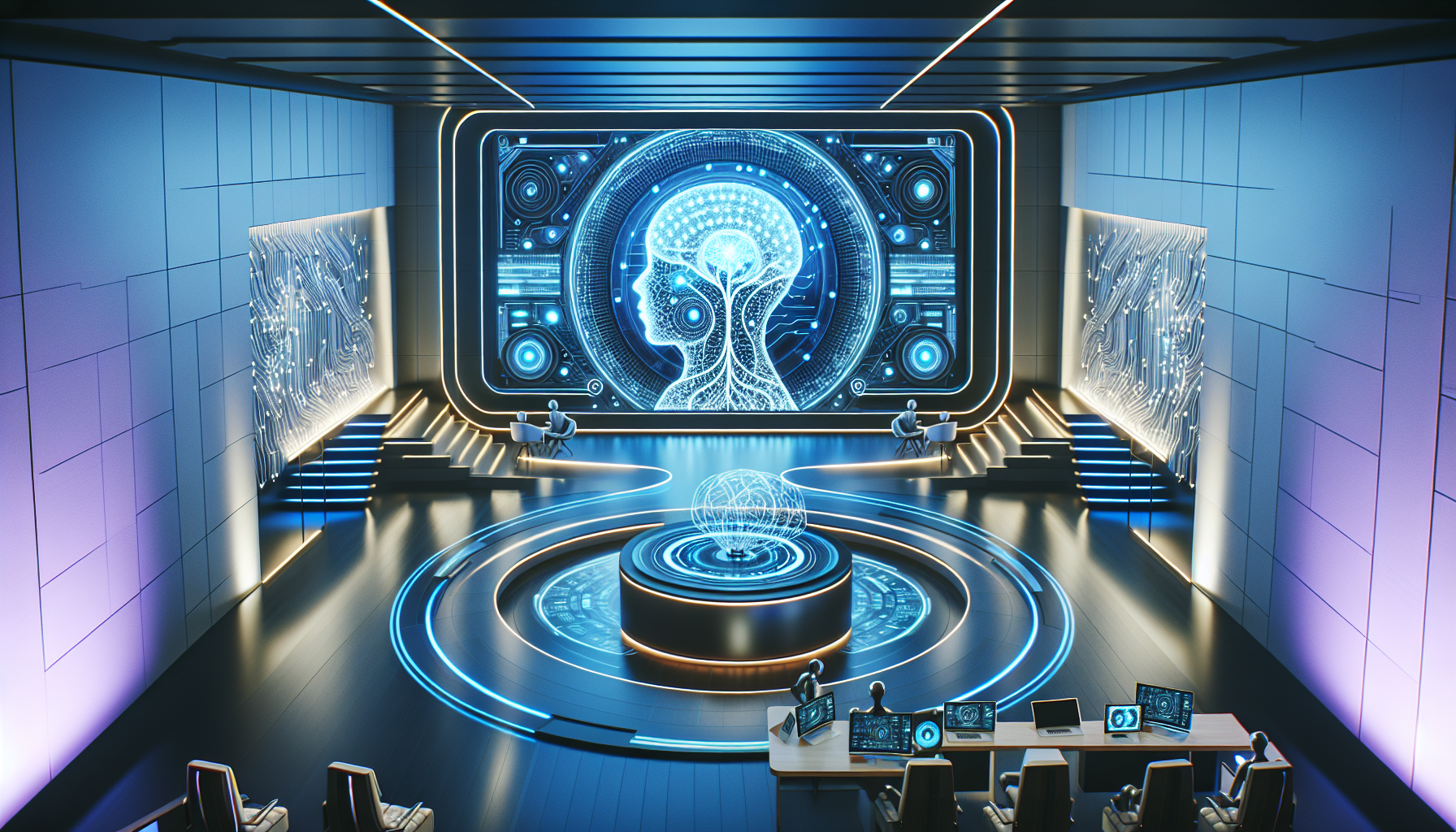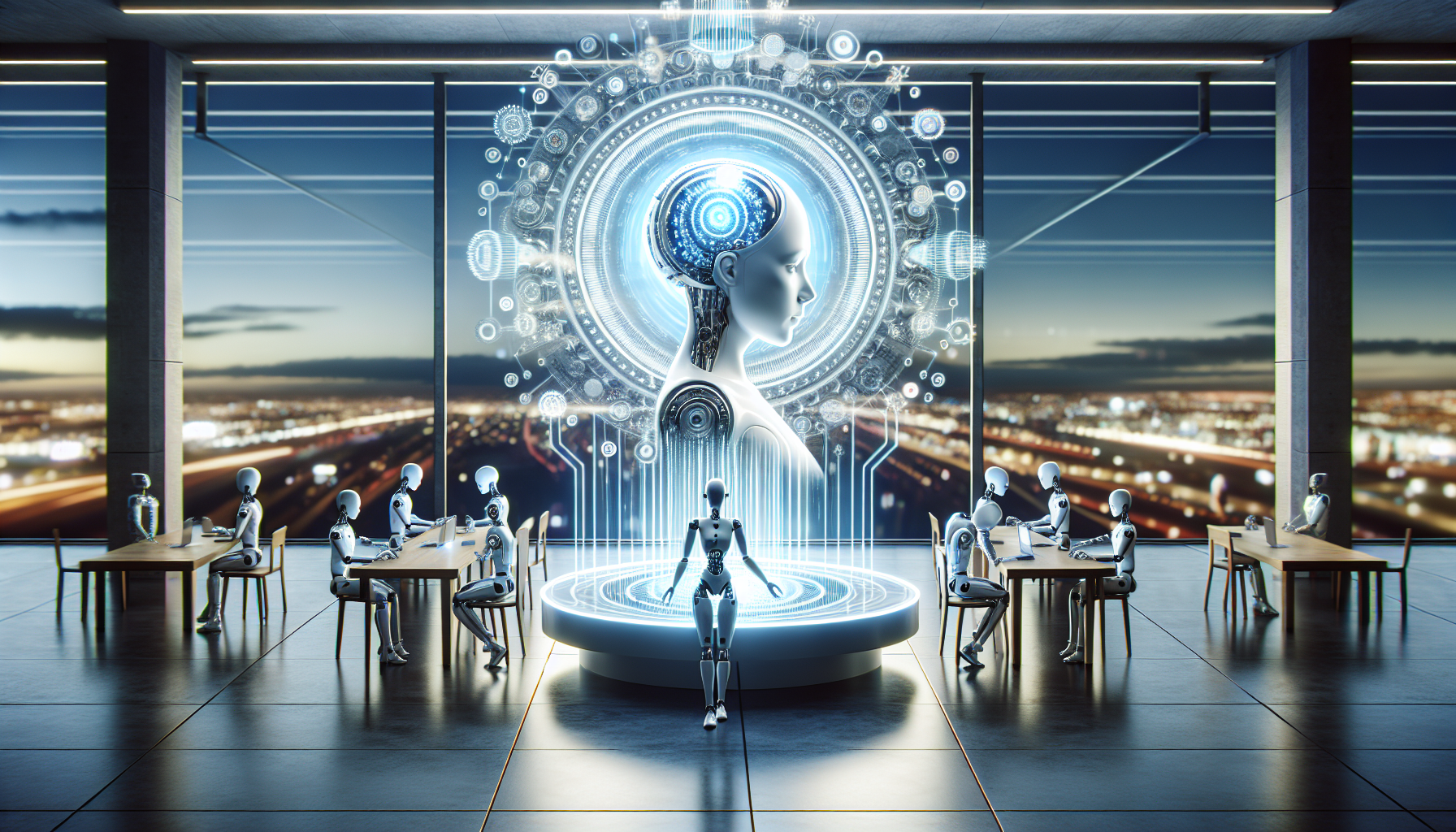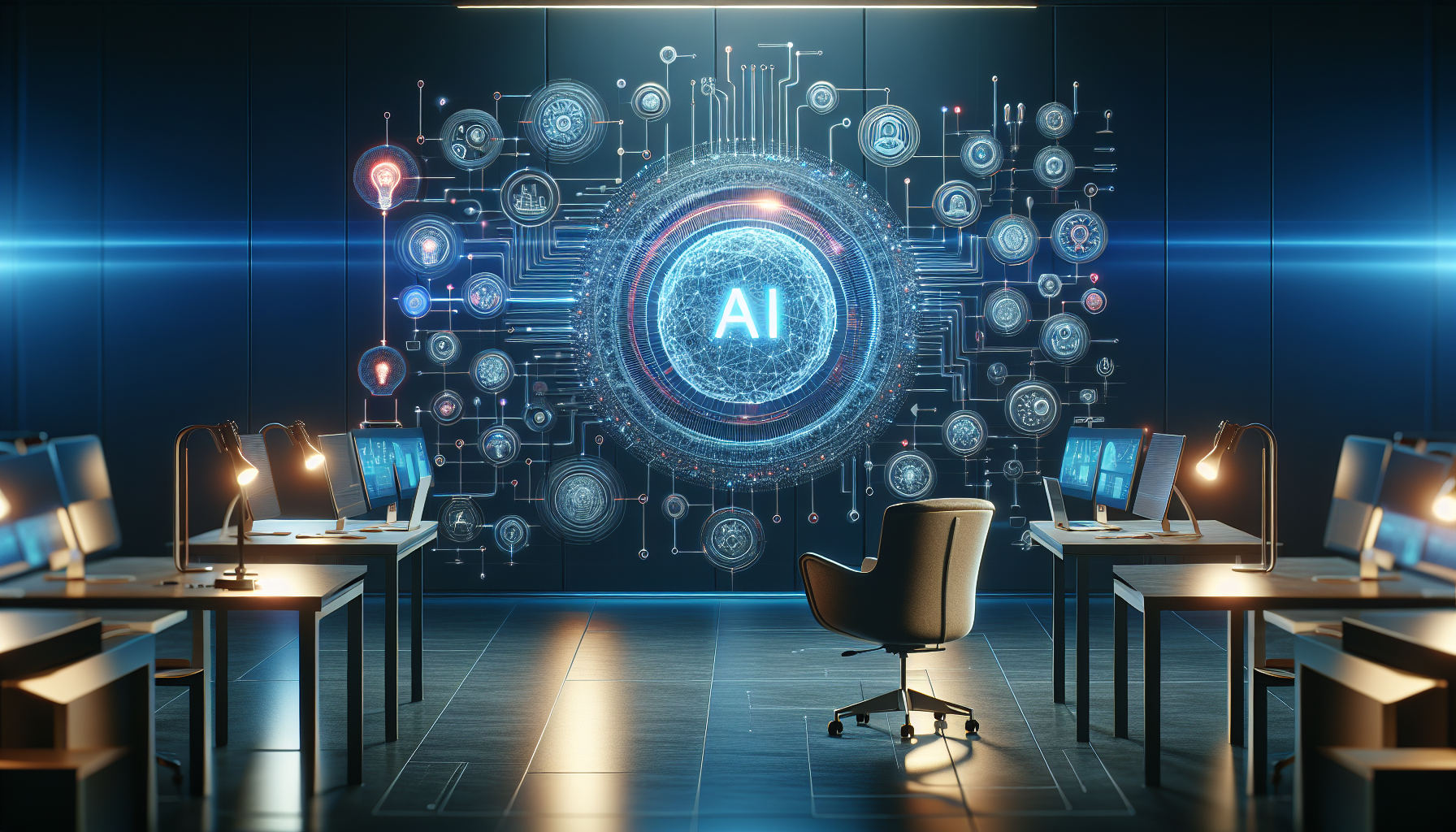
The Impact of AI on Education: Are Personalized Learning Experiences Truly the Future?
August 31, 2025
Artificial Intelligence is often hailed as a savior in education, promising to revolutionize how students learn by offering personalized educational experiences. But as we stand on the brink of this AI-driven transformation, it's crucial to critically assess whether AI is genuinely prepared to fulfill these promises or if we are merely seduced by its potential.
One of the most touted benefits of AI in education is its ability to tailor learning experiences to individual needs. The idea is compelling: imagine a classroom where each student has a personalized curriculum that adapts in real-time to their learning pace and style. Proponents argue that AI can identify gaps in a student's understanding and adjust the teaching material accordingly, ensuring no one is left behind. However, the reality is more complicated.
Firstly, the algorithms that power these personalized learning experiences rely heavily on data—lots of it. This raises significant concerns about data privacy and the ethical implications of collecting and storing sensitive information about minors. Are educational institutions equipped to handle such responsibilities? Moreover, the effectiveness of these AI systems is only as good as the data they are fed. Biased or incomplete data can lead to skewed educational outcomes, potentially widening the very gaps they aim to close.
Furthermore, the assumption that AI can replace or significantly supplement human educators is worth scrutinizing. While AI can process information faster and more efficiently than any human, it lacks the emotional intelligence and nuanced understanding that a teacher brings to a classroom. The subtle cues that signal whether a student is genuinely grasping a concept or merely parroting back information often require a human touch. Can AI truly replicate the mentorship and motivation that a dedicated teacher provides?
Another critical issue is the accessibility of AI-driven learning tools. While they might be available in well-funded schools, students in under-resourced areas could be left further behind, exacerbating educational inequality. Access to cutting-edge technology often correlates with socioeconomic status, potentially creating a divide where only privileged students benefit from these advancements. Is the future of education one where AI reinforces existing disparities rather than alleviates them?
The integration of AI into education also risks narrowing the scope of learning to quantifiable outcomes. Standardized testing already limits educational goals to what can be measured, and AI could further entrench this by focusing on data-driven results. This approach might sideline important skills like critical thinking, creativity, and emotional intelligence, which are harder to quantify but essential for personal and professional success.
Moreover, as AI systems become more prevalent, there is a risk of desensitizing students to the importance of human interaction in learning. The classroom is not just a place for academic growth but also a social environment where students learn to communicate, collaborate, and understand diverse perspectives. How will the increasing reliance on AI impact these fundamental aspects of education? Will students become more isolated or struggle with interpersonal skills in a world where AI mediates their learning experiences?
Despite these concerns, it's undeniable that AI holds transformative potential for education. It can offer unprecedented insights into learning processes and provide resources that were previously unimaginable. However, the path to integrating AI in education must be navigated carefully. It demands rigorous scrutiny, ethical considerations, and a commitment to equity to ensure that it serves all students fairly.
As we look to the future, the critical question remains: will AI in education bridge the gap between potential and reality, or will it merely amplify existing challenges under the guise of innovation? This is a conversation that educators, policymakers, technologists, and society as a whole must engage in earnestly. The answers we seek will define not just the classrooms of tomorrow but the very fabric of future generations' learning experiences.


